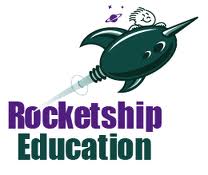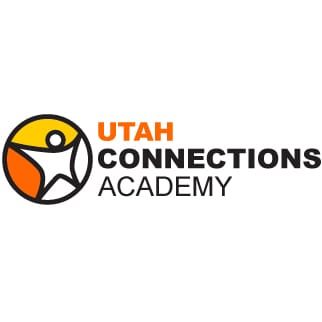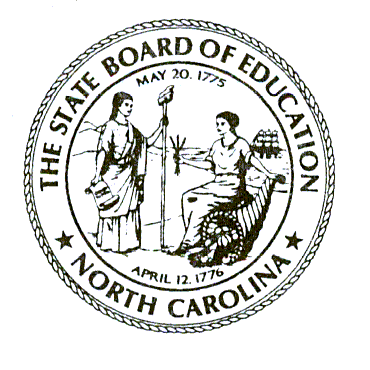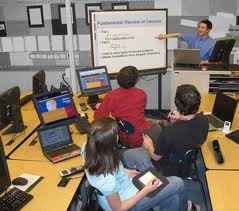Posts by Guest Author
Ed-Tech Innovators: Get Results Now by Leveraging Great Teachers
We're excited about the prospects, but we all know it will take time for digital learning to transform education. Meanwhile, the effectiveness of teachers will continue to be the single most important school factor in student learning.
A Brief Guide to Tech Training for Faculty
Educators deal with a reality that most tech users do not: responsibility to their students. And, students can be a tricky sort, at least according to reports claiming that some want more tech use in the classroom, while others say that they prefer traditional books and lectures.
An Inside View of Blended Integration at Rocketship Education
At Rocketship Education our mission is to close the achievement gap within our lifetimes. The three pillars of our model are: parent and community engagement, rich professional development for our teachers and school leaders, and individualized learning for our students. Toward the end of individualized learning, we utilize a blended learning model in our K-5 elementary schools. Students use technology and small group tutoring in our Learning Lab for individualized basic skills practice, allowing our teachers to focus on higher-order thinking skills in the classroom.
Christensen’s Curve & The Digital Learning Revolution
In the prophetic Disrupting Class: How Innovation Will Change the Way the World Learns (2008, 2011), Clayton Christensen argued that innovations in technology will proliferate in the 21st century, generate “student-centric” forms of digital learning, create customized learning for the individual, and provide innovative alternatives to traditional teaching and learning tools.
The Online High School Graduation That Was: My View From The Trenches
Utah Connections Academy (UCA) Inaugural Graduating Class of 2012 - eight eager faces, eyes sparkling with a sense of pride and accomplishment - for many of them an accomplishment that would not have happened without the transforming powers of digital learning.
North Carolina Should Welcome Online Schools
As a state, North Carolina should welcome more digital learning options, including online schools, that can meet the individual needs of children, rather than clinging to a one-size-fits-all model.
Student Warns “Doing Technology” Isn’t Enough
A guest blog this week at edweek.org gave a student the chance to tell us what he thinks is important about technology in the classroom. The perspective of the learner doesn't often get much air time. What this learner has to say deserves attention.
Steelcase Invites Students to Imagine Their Future
This year, Steelcase launched the 100 Dreams Classroom Project as a part of our “100 Dreams, 100 Minds, 100 Years” centennial celebration. Steelcase is a company dedicated to providing great environments where employees can do their best work. To commemorate its 100th anniversary, the company is looking to the leaders of tomorrow to see what dreams they have and how they hope to achieve these advancements. For the project, we designed a simple lesson plan for teachers to download online and implement in their classrooms, which invites children to use crayons to envision the future.
5 Steps to Getting the Most Out of Online Education
For a countless number of people all over, online classes are one way to get ahead while still maintaining some flexibility in daily life. But, in order to get the most out of those online classes and make sure the experience is as rich as possible, you need to be able to know just what kind of mistakes to avoid.
Who Governs The Child?
North Carolina is host to the latest battle over expanding digital learning, charter schools, and parent choice. It involves attempts by the State Board of Education (SBE) and the NC School Boards Association to block a proposed online public charter school, North Carolina Virtual Academy (NCVA) from serving students this Fall. Yet, beyond the details of this one new charter school, this issue has sparked a renewed debate over governance, and whether the principal virtue of “local control” in education is district control or parent choice.







